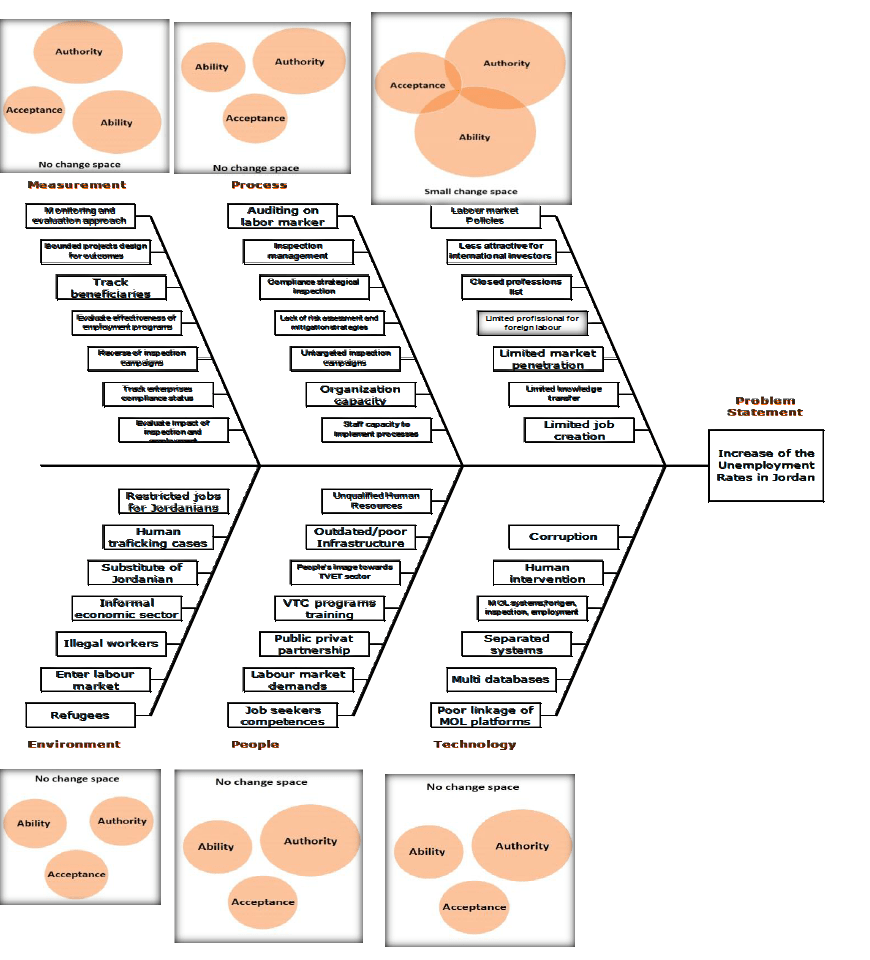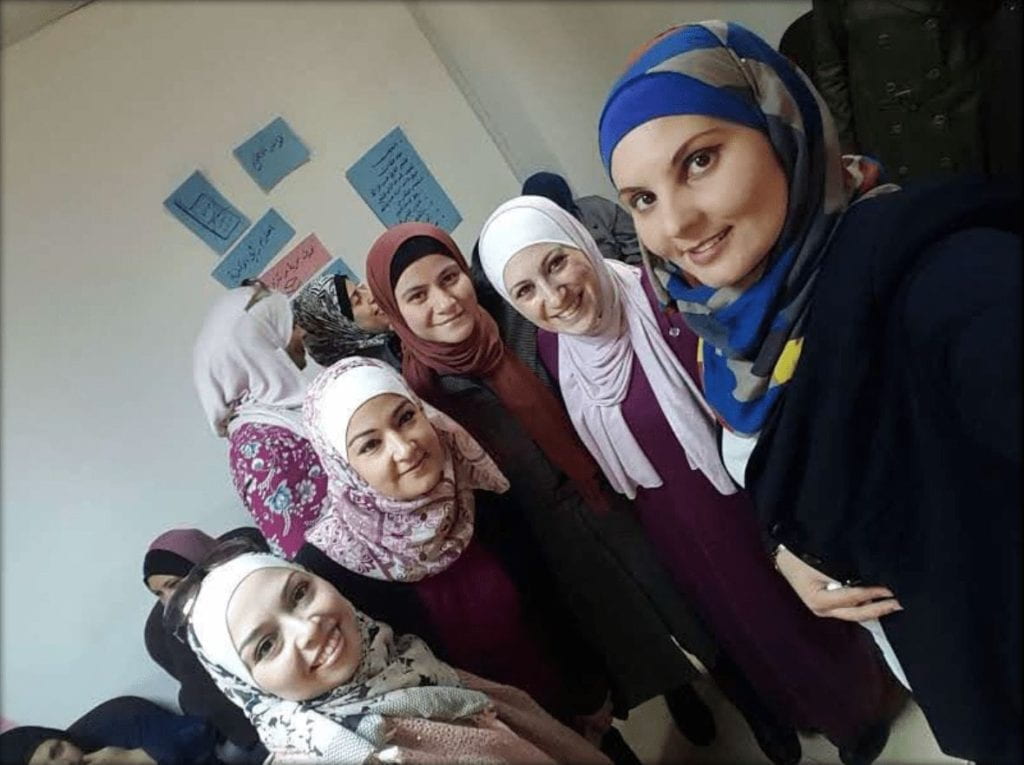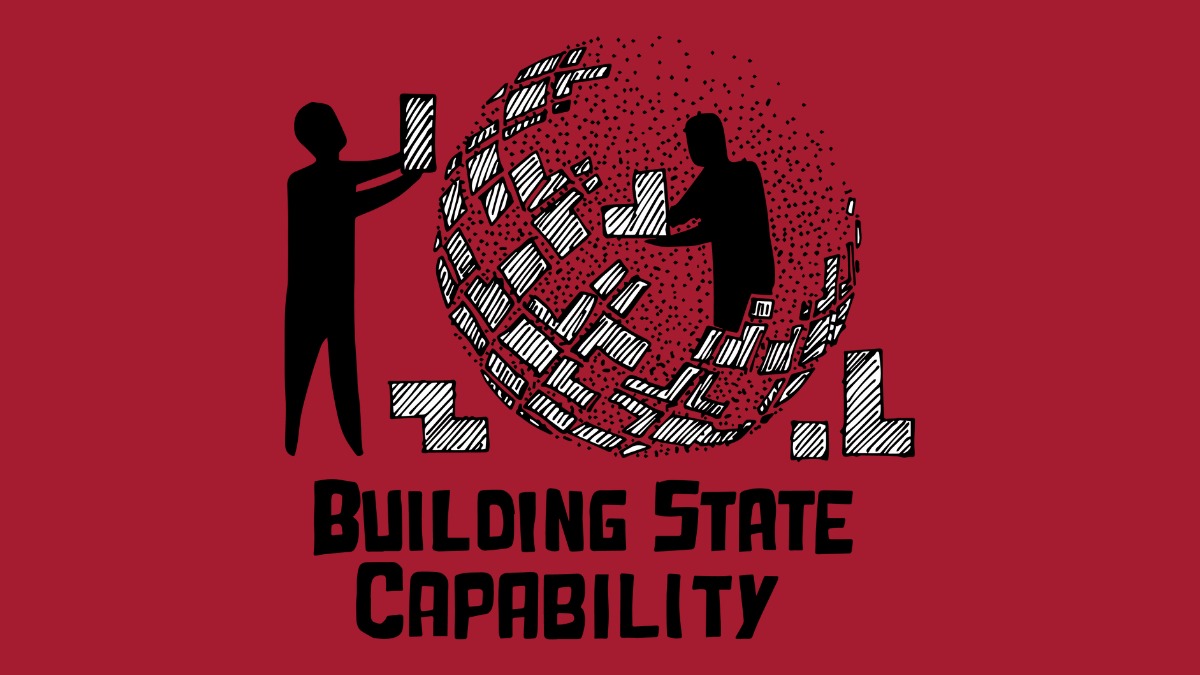Guest blog written by Lara Khaled Abdullah Hussein, Mai Aziz Shafiq Elian, Rana Riad Al-Ansari
This is a team of development practitioners who work as strategic planning, monitoring and evaluation specialists for the Ministry of Labour (MoL) in Jordan. They successfully completed the 15-week Practice of PDIA online course that ended in May 2019. This is their story.

We were encouraged to enroll in this course by the Growth Lab who was providing technical assistance to the Royal Court in Jordan. We didn’t know at that time what was required and needed to complete this course.
We agreed on the group norms; that helped our team function well over the course journey. We constructed our problem “Increase of the Unemployment Rates in Jordan”. This issue is crucial on the National and international levels; it affects poverty levels, hunger, health, and social aspects. The Increase of Unemployment Rates is linked to the stability of political situation and economic growth where workers produce goods and services, and in turn receive wages which can be spent on buying goods produced. Nowadays this problem is the most important one for MoL and its stakeholders; government institutions, civil society, private sector and donors.
We learnt a lot from the course videos, readings, individual reflections, online group discussions and our team discussions. The process of building our capabilities was through the learning-by-doing approach. We constructed the problem, deconstructed it into causal strands (‘fishbone’ (or Ishikawa) diagram), and then scored each of the strands in terms of their importance and accessibility yielding ‘entry-point’ problems where they could start to work (change space). We identified the actions that could be taken to start addressing each of the selected ‘entry points’, we carried two iterations and designed the third one.
Figure 1 below shows our fishbone diagram that was first constructed and then deconstructed and analyzed, given the change space we had, we preferred to focus on one sub-cause of our main problem, that is, limited professions for foreign labour. Then we defined suitable entry points and authorizing environment.

We experienced the different stages the team development process goes through; Forming, Storming, Norming and Performing. While we were designing our iterations, we went through the steps, learning that small steps are easier to manage and implement, and specifying roles for each team member is crucial in distributing the work load and for tracking progress afterwards. Specification of a time-period was important to stay focused and to manage the required tasks with the time available. And as much as we can specify our tasks in the problem, as it will be easier to think about solutions and work on them while managing obstacles that might face us during implementation. This course has built our capacities and we are planning to share our knowledge with our colleagues in the ministry to ensure the scale up. Also we are working to ensure the sustainability through the designed steps as amend foreign labour regulations.
The main take away was the change of mindset that complex development problems has many solutions, not as we used to think that we have the current existing practice or an international best practice that is so far away from the reality of our current problem. The eye-opening fact that we can extract our solutions from latent practice or positive deviance through dividing the challenge into small size iterations that accelerate the progress and reflect on what we learned and how we can use the lessons learned to design a better iteration. The PDIA course takes you through clear steps to work on the SearchFrame rather than the logical frame with emphasis on building a strong team to ensure that you are solving the problem.
The progress that was made is impressive, we managed to prepare a draft version of instructions to grant high skill foreign labour work permits, reviewing and enhancing many regulations and processes that effect this matter, In this journey we have built many business relations with new stakeholders that affect our main problem (Unemployment) which will facilitate and authorize carrying out remaining work, we were also introduced to the importance of building team norms that help the team to stay on track and achieve real results.
The MoL is responsible for many major interventions such as TVET reform as part of the National Human resource development strategy, youth empowerment and employment programs, inspection on decent work environment … ETC, we plan to start working on PDIA knowledge transfer to small groups in the ministry who lead these interventions and share our experience in the course by building more ability, acceptance and authorization for emergence. On the other hand, we will implement all the tools and procedures that we learnt throughout the course in our day to day work.

To learn more, visit our website or download the PDIAtoolkit (available in English and Spanish) or listen to our podcast.
